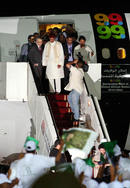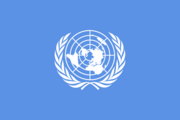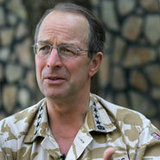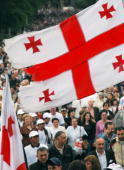The Limits of A Munichean Worldview
Well that didn’t take long. No sooner had I decried the notion that President Barack Obama’s decision to move (but not cancel) the US’s proposed missile defence shield from eastern europe than, sure enough, up more folk arrive to suggest that OMG! It’s Munich All Over Again! This time it’s Rich Lowry, editor of National Review, who, in a fit of blinding orginality, argues: With just one announcement, the Obama administration undercut two loyal allies, rewarded Russian bullying, and diminished our ability to counter an emerging Iranian threat. If there were awards for self-defeating weakness, this move would deserve a Neville for Appeasement in a Perpetually Threatened Region. Enough with








